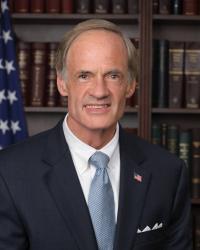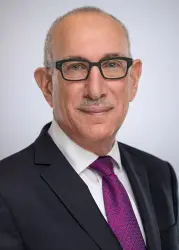2024
Devolution of authority to states was one of the hallmarks of the 1996 welfare reform law. This has often been characterized as greater flexibility along with greater accountability. With Congress debating reauthorization of the 1996 welfare reform law, the issue of how much flexibility states should have is once again a central issue. The congressional debate over state flexibility in welfare reform crosses traditional ideological and jurisdictional lines: How and to what extent should the federal government prescribe work requirements? Should states be given more flexibility to define what counts as a work activity and to “stop the clock” when parents in the TANF program are working full time? Should states be mandated or merely encouraged to undertake activities designed to promote marriage? Should states be required to adopt certain approaches to sanctioning families? Should states be given more flexibility to integrate eligibility requirements and funding for streams across the lines of various federal programs?
The Welfare Reform & Beyond initiative is sponsoring a forum that will step back from the current debate and examine more broadly the question of state flexibility. Is state flexibility desirable by itself, or only as a means to achieve specific, substantive ends? Is flexibility a key factor in explaining state choices and performance in achieving welfare reform goals, or are other factors, such as state financial resources and administrative capacity, more important? What are the most effective tools for balancing federal policy objectives with state flexibility?
Speakers at this event will address these broad questions about state flexibility, as well as specific proposals that would adjust current levels of flexibility.
Agenda
-
June 26
-
Moderator
 Robert D. Reischauer Distinguished Institute Fellow; President Emeritus - Urban Institute
Robert D. Reischauer Distinguished Institute Fellow; President Emeritus - Urban Institute -
Participants
 The Hon. Tom Carper U.S. Senator - (D-Del.), Chair - U.S. Senate Committee on Environment and Public Works @SenatorCarper
The Hon. Tom Carper U.S. Senator - (D-Del.), Chair - U.S. Senate Committee on Environment and Public Works @SenatorCarper
-



